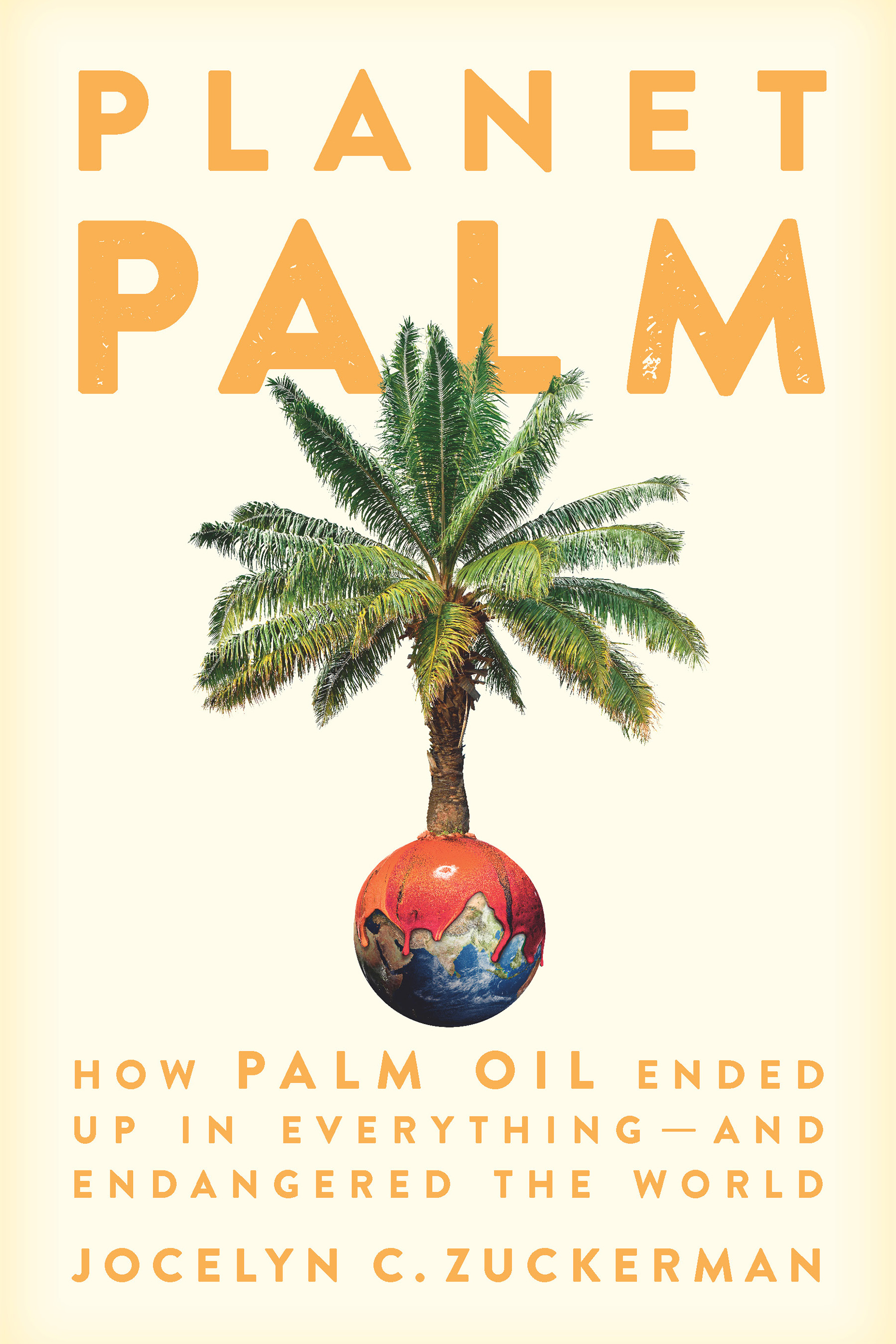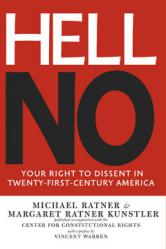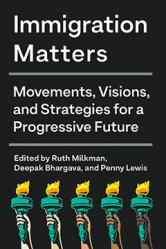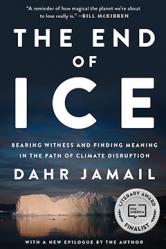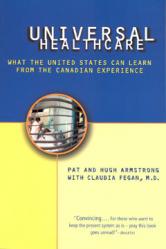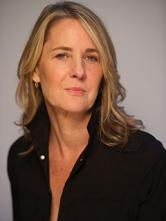“Man-eating pythons, rogue elephants, armed gangsters, corrupt politicians, murderous executives, modern-day slave owners. Zuckerman encounters them all in this, the first exhaustive investigation of the world’s most environmentally damaging product—something most of us use every day without even knowing it.”—Barry Estabrook, author of Just Eat and Tomatoland |
“[A] definitive, damning account of the history of palm oil production and the ecological destruction it causes.”—Kirkus Reviews |
“For readers looking for a good primer on palm oil’s field of battle and how it was set, Planet Palm is an illuminating read, as engrossing as it is informative.”—Ashoka Mukpo, Mongabay |
“Zuckerman’s book is a timely call to heed [the] reminder . . . to finally set right screw-ups such as the palm oil industry.”—South China Morning Post |
“Planet Palm balances a macro view of a complex problem with an immersive look into the lives of individuals living in areas of palm oil production. . . . This book provides a ray of hope that shines from the growing number of people working to combat the industry, while spreading awareness of what Zuckerman deems the ‘Palm Oil Crisis.’”—Gastronomica |
“Jocelyn Zuckerman has crossed the globe and looked back in time to show us how much the appetite for palm oil profit has cost us in human suffering, environmental degradation, and loss of biodiversity. This extraordinary work of investigative journalism will make you cry and gnash your teeth. It will fill you with rage. Essential reading for everyone who wonders if their food choices matter.”—Ruth Reichl, bestselling author of Tender at the Bone and My Kitchen Year |
“Jocelyn Zuckerman takes us on a troubling, time-traveling adventure that follows the journey of what will become the indispensable ingredient. Today, palm oil, with its intrinsic links to colonization and slavery, has become ubiquitous in our consumerist culture. Sadly, its exploitation, a mere reflection of our global food system, has had terrible consequences.”—Pierre Thiam, Senegalese chef and co-founder of Yolélé Foods |
|
“I’ve always thought of palm oil as just another best-to-avoid food ingredient for its high level of saturated fat, but I can never look at it the same way again after reading Planet Palm. I now understand that oil palms represent the darkest underside of late-stage capitalism. This is an ugly story, compellingly told. It needs to be read.”—Marion Nestle, professor of nutrition, food studies, and public health, emerita, New York University, and author most recently of Let’s Ask Marion |
“Vividly describing people and places damaged by the palm oil industry, Zuckerman establishes a through line connecting 19th-century imperialism to the exploitative practices of today’s multinational corporations. This deeply reported account sounds the alarm loud and clear.”—Publishers Weekly |
“[Planet Palm] takes readers into the heart of Palm Oil Nation for a fast-paced and detailed look at the destruction the commodity has sown.”—Civil Eats |
“An extraordinary work of investigative journalism that will make the discerning reader rush to look differently at the items stacked in her kitchen and bathroom.”—The Hindu |
“Crisscrossing four continents, Zuckerman presents a spirited and disarming exposé of the insidious way this one tree species has endangered cultures, economies, and ecosystems.”—Booklist (starred review) |
“Most of us are familiar by now with how commodities like cotton, sugar, and gold have defined the course of empire and exploitation. In this lively and intriguing book, Jocelyn Zuckerman adds to the list something that, remarkably, 99 percent of the time we don’t even know we’re consuming. Planet Palm will make you look very differently at the items in your kitchen and bathroom—and at the persistence of poverty and hunger in parts of the world that should be enjoying plenty.”—Adam Hochschild, �author of King Leopold’s Ghost and Bury the Chains |
|

